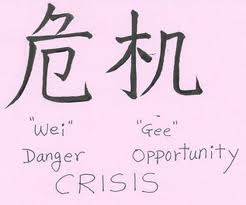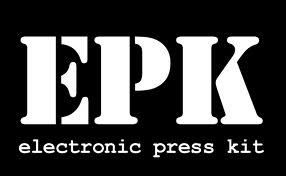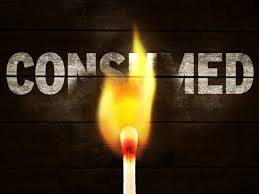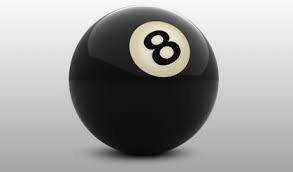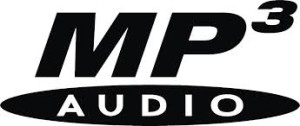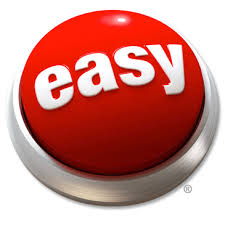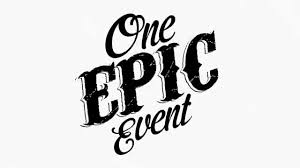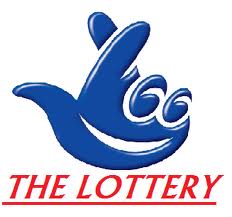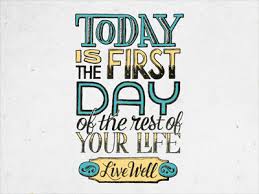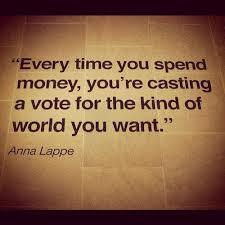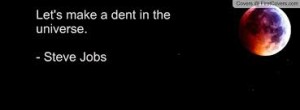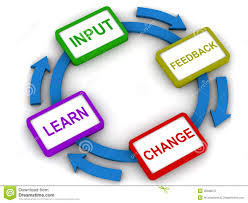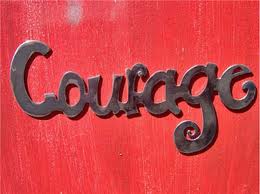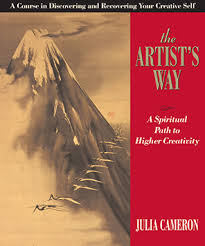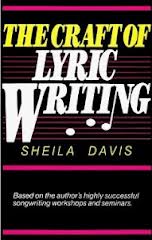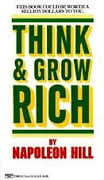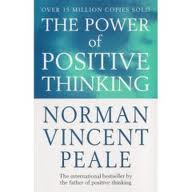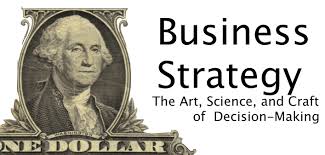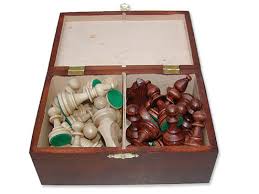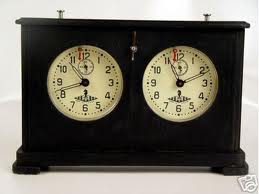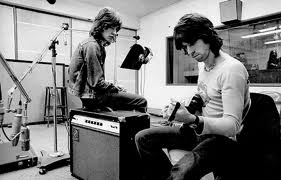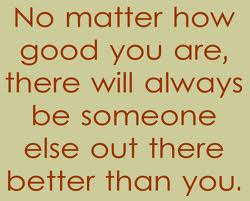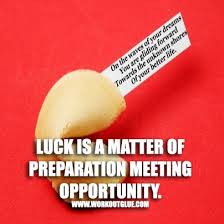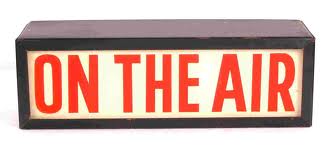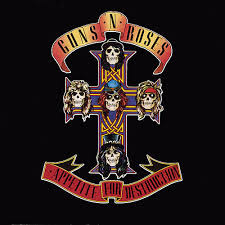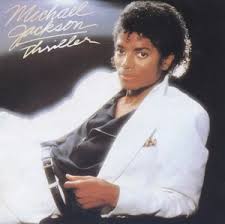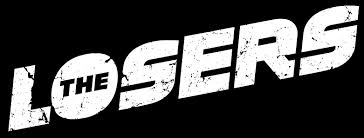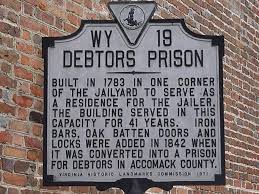Baron Rothschild, a 18th-century British nobleman and member of the Rothschild banking family, is credited with saying that “The time to buy is when there’s blood in the streets.†By now, you must be aware that the music business is in a serious crisis. Yes, there’s blood in the streets. I think about this crisis a lot these days.
Crisis = Dangerous + Opportunity
Did you know that the Chinese word for “crisis” is made up of 2 characters: 1 means “danger” and the other means “opportunity”?
That’s the way I think about the music business; danger and opportunity. The old music business required you make demos and connections until you could find a label that was willing to sign you and invest millions.
THEN you had to be really lucky again to end up in the 10% of signed artists that actually made money on said label. You heard me right, in the heyday of the music business, only 10% of the artists made money, meaning 90% of the signed artists lost money. The old music industry business model was beholden to what they call the “Tyranny of Space”. There was a finite amount of valuable shelf space to place your CD and an even more finite amount of radio spins allotted for new artists. That equates to the limited space of distribution and the limited amount of spins on the radio each hour. The old business model created situations where an artist who had a great record out, was charting in the top 20 on Billboard, touring like crazy, creating real momentum, essentially doing EVERYTHING right would often lose their deal because the label found another act in the same genre with a little more momentum and had to drop the prior artist due to the “Tyranny of Space”.
Huh?
Yeah man, there are only so many radio spins per hour so the label would (intelligently) put their eggs into the better basket  so-to-speak. THIS is the old model that is falling apart right before our eyes. Tragic to some I am quite sure but very necessary and I believe much better overall for the art and the artists who create it. As an artist, you have to be aware of the big picture to really see the opportunities that lie within the danger and chaos.
so-to-speak. THIS is the old model that is falling apart right before our eyes. Tragic to some I am quite sure but very necessary and I believe much better overall for the art and the artists who create it. As an artist, you have to be aware of the big picture to really see the opportunities that lie within the danger and chaos.
The new music business doesn’t suffer from the Tyranny of Space. The costs to make a record are much less expensive, there are no distribution issues because there is always room for one more CD on a server, and (most) social media is free. So as a developing artist, the velvet ropes are gone, the ‘luck of the draw’Â has disappeared to a large degree. Now artists are really freed up financially, and in the marketplace to make their own way, to create a name for themselves on a worldwide basis.
As an artist, YOU now hold all the power to write music that YOU love, record it the way YOU want to, find your audience online, and sell it to make a living.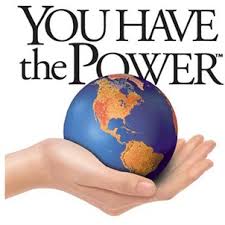
YOU now have the opportunity to create a small profitable business that will sustain YOU and your family while doing what YOU were born to do; music.
As an artist, YOU now hold all the power to create your reality and prove to the world that there is a market for your specific music. Once YOU do that work, all the big money in the form of private investors and major record labels will find YOU.
YOU literally can change what “mainstream popular music” is going to sound like; you can change what the “suits” are willing to get behind.
Don’t believe me? Look at the Zac Brown Band and Florida Georgia Line. Whether you like these artists or not, they got deals after they created the buzz and sales on their own. This was after both acts were turned down by every label.
Mumford & Sons and Adele were also acts that forged their own way and STILL didn’t get major label deals (they 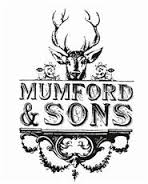 both have indie label deals). So it really can happen in a big way for you but you have to come to terms with the fact that
both have indie label deals). So it really can happen in a big way for you but you have to come to terms with the fact that
YOU will be responsible for making it happen.
YOU will have to put together the team that will take you to the next level artistically and in the marketplace.
YOU will have to create enough buzz to get the bigger money involved.
So how do you do it?
You have to start by understanding that the new music business now suffers from an equally abrasive oppression called the “Tyranny of Choice”. Have you ever eaten at a restaurant (like Jerry’s Famous Deli in Los Angeles orCheesecake Factory) with a ridiculously massive menu?? I was always apprehensive to eat at JFD because I could never decide what to eat! There were too many choices.
This is the current issue we need to overcome as artists, managers, labels, etc.how do you stand out? How do you rise above the noise on the RADAR screen and get the attention of the music consumers?
The answer is 10% making good music and 90% doing good business
The answer is 10% making good music and 90% doing good business. Most of you have that equation reversed; you  believe it to be 90% good music and 10% good business. If the latter were true, only good music would be on the radio. Think about that for a second.
believe it to be 90% good music and 10% good business. If the latter were true, only good music would be on the radio. Think about that for a second.
YIKES
There’s your proof. Good business trumps good music in the marketplace. You can morally & artistically agree or disagree with this statement, but it’s true nonetheless. The sooner you get your head around that concept the more successful you’ll be regardless of your talent.
Bottom line is everybody can always improve. To be a successful business (which you have to be to succeed as an artist these days, like it or not) you need a good team, accurate information, and the drive to execute many little tasks that are crucial to your momentum.
You can grow your brand.
You can grow your audience.
You can expand your influence.
You can make a living making music.
Doesn’t that mean you’re successful?
If you like this post, please SHARE it and/or LEAVE A COMMENT thank you!

